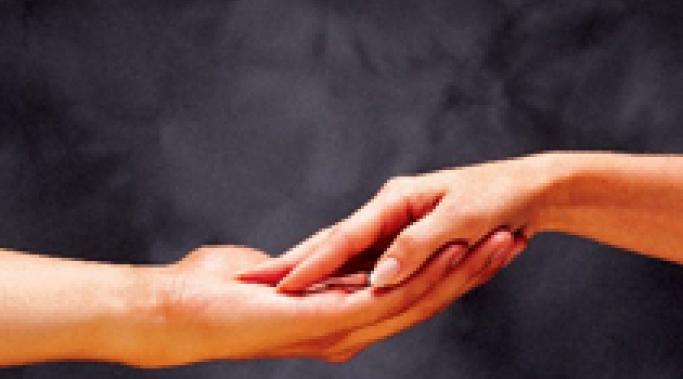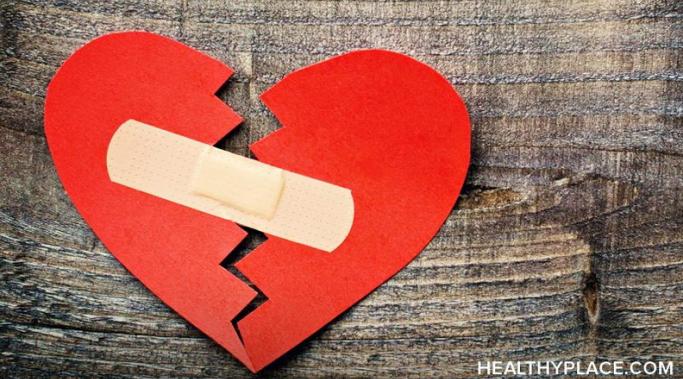I often say, and write, that my eating disorder never defined me, not its diagnosis, nor the stigma attached to suffering through the illness. Even today, I'm open about the fact that I deal with food anxiety and no, I'm not ashamed of that either.
Surviving ED
Not a day goes by without me feeling grateful about being able to share with you on this blog my lived experience with an eating disorder. The concept of giving back to others who stand where I once stood makes me very happy and truly helps me maintain my recovery.
Next week is National Eating Disorders Awareness Week. There is a lot to be said about educating other people about eating disorders. A lot of misconceptions and stereotypes surround eating disorders that need to be remedied. People have to know what having an eating disorder really means if we want them to support us on our road to recovery. And it is really difficult to talk to others about your illness if you're not convinced of its legitimacy yourself. But remember, your eating disorder is a real illness.
At times, I don't feel comfortable around food, even in ED recovery. Some people seem surprised when I mention that, at times, I'm a bit uneasy about sharing a meal with others, or eating in public. "But aren't you doing well?" Yes, I'm doing well, thank you, but . . . ! Even in ED recovery maintenance, eating can potentially be stressful. I'd like to share some tips with you on how I get through it. And you can get more comfortable around food because as I've said many times, no matter where you're at in your eating disorder recovery, you are a stronger person than you think.
In a lot of ways, the eating disorders section of the Diagnostic and Statistical Manual of Mental Disorders improved drastically in the 2013 edition (the DSM-5). Binge eating was given its own diagnosis, finally allowing millions of Americans to hear the "me too" of not being alone in their struggle. People were finally able to see that they were sick (and stop shaming themselves), which is a huge step in the road to healing. Unfortunately, I can't consider all of the changes in this most recent edit as progress.
One of the major adjustments I've had to deal with in the last 6 years since I've started recovery from bulimia, has been to accept and love how my body looks and feels without abusing it the way I did for years. Because I suffered from bulimia and not anorexia, it was easier to hide at the time that I was suffering from an eating disorder, because I still looked 'normal' and maintained almost the same weight for a few years.
I have been solidly in recovery from anorexia nervosa for six months now. (Meaning, I discharged from residential treatment six months ago. I find it difficult to count toward my recovery time where I was "forced" to behave.) A lot of things about recovery are awesome and most of the time I really love it. Until I don't.
While I suffered from bulimia, I was a very angry girl. I would use the comforts of food and the feeling of nourishment to cope with all types of stress. As soon as the comfort that came from eating would wear off, I would feel guilty, sad, but mostly angry. Angry at myself for being weak, for never looking the way I wanted, and for not performing at the level I felt I should, both academically and more significantly, socially.
When you have an eating disorder, you lose a lot. Some of these things - weight, bone density, sanity, self-respect - can be regained during eating disorder recovery. Others - like relationships lost to your eating disorder - may never return.
I recently found myself doing quite a bit of traveling for work and being sleep deprived due to layovers, long flights and work related events. Inevitably, when it seems like my life is going too fast, I start feeling nervous about my food intake.









